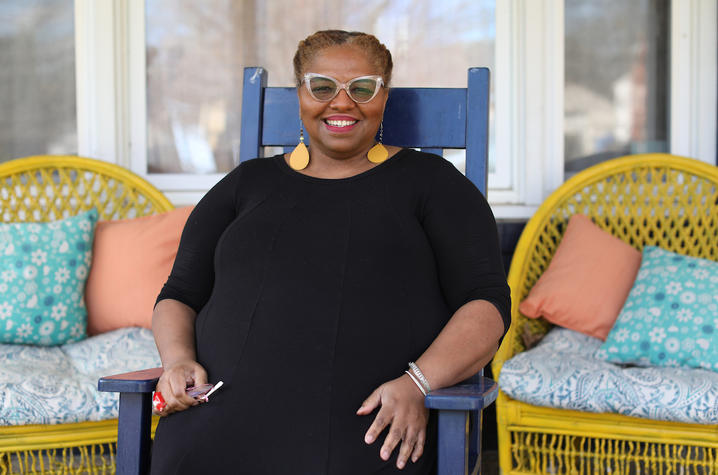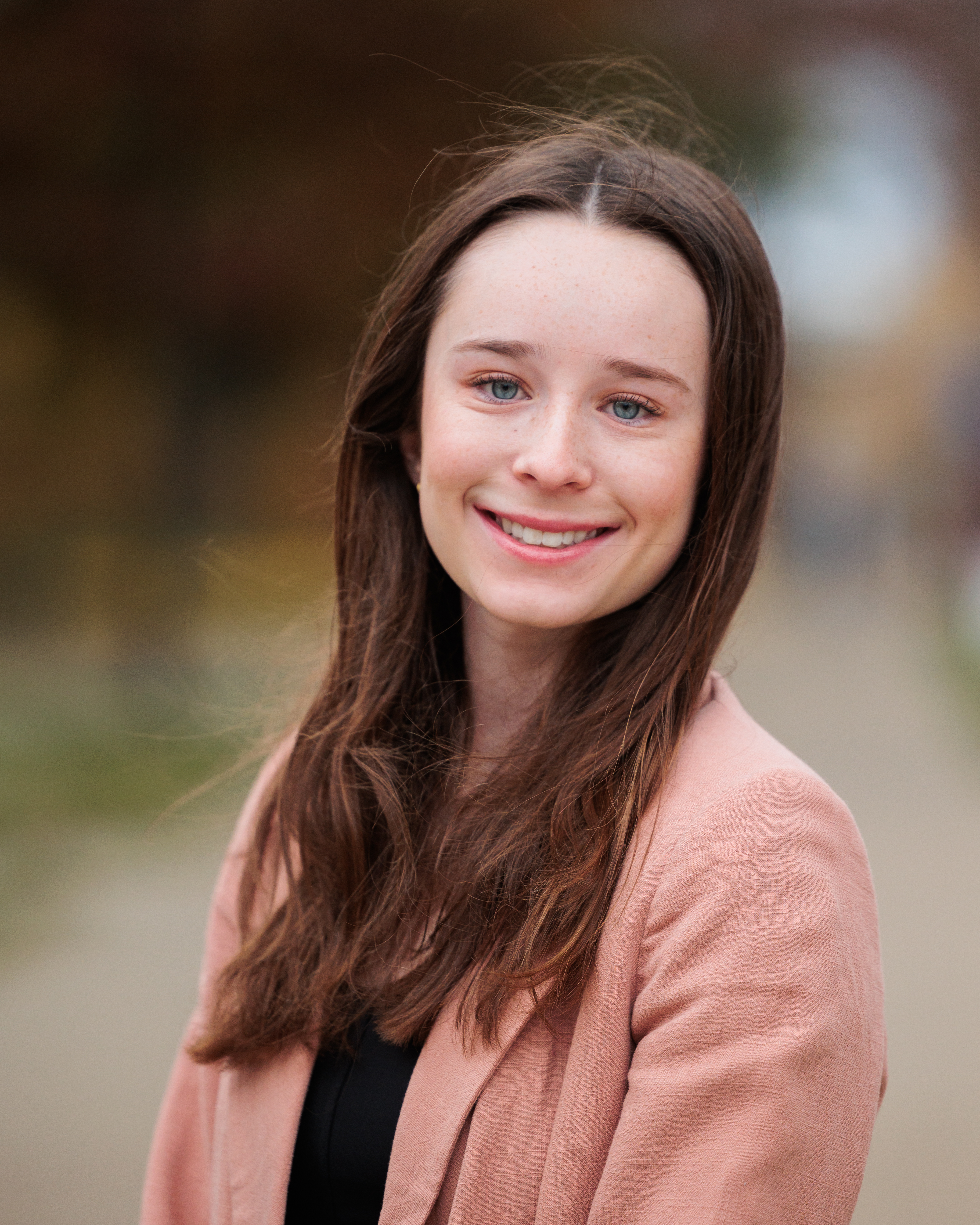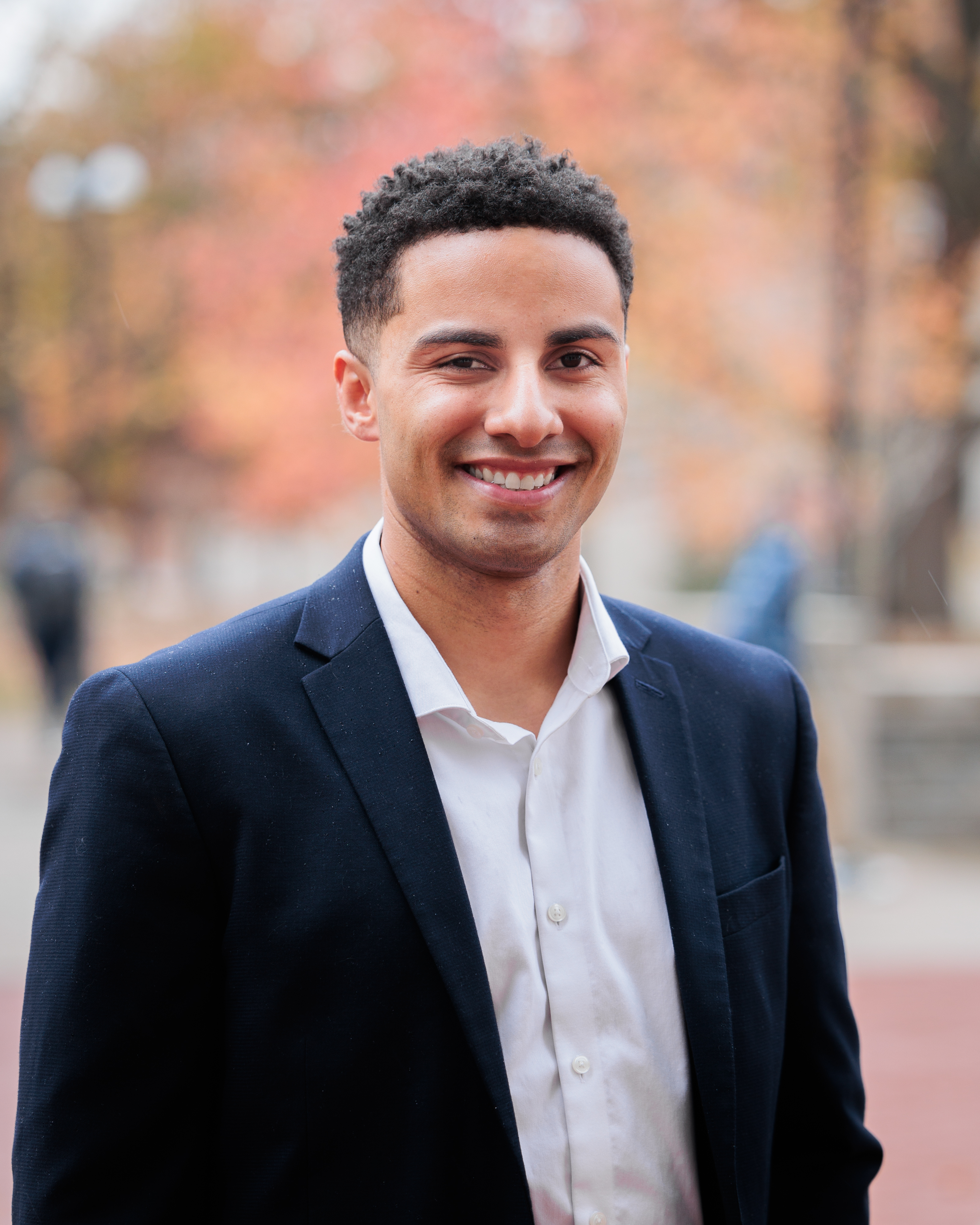College of Arts and Sciences December Commencement
The December 2023 Commencement ceremonies will be held on Friday, December 15 at Rupp Arena at the Central Bank Center.
Friday, December 15th at 10 A.M.
Martin-Gatton College of Agriculture, Food & Environment
College of Education
Stanley and Karen Pigman College of Engineering
College of Fine Arts
Martin School of Public Policy & Administration
Patterson School of Diplomacy & International Commerce
College of Medicine
College of Pharmacy
College of Public Health
College of Social Work
Friday, December 15th at 3 P.M.
College of Arts & Sciences
Gatton College of Business & Economics
College of Communication & Information
College of Design
College of Health Sciences
J. David Rosenberg College of Law
College of Nursing
For more information, visit: https://commencement.uky.edu/dec-2023
A&S Students Receive Oswald Research and Creativity Competition Honors
LEXINGTON, Ky. (Nov. 30, 2023) — The University of Kentucky Office of Undergraduate Research recently announced the 15 undergraduate winners of the 59th annual Oswald Research and Creativity awards. Chad Risko, faculty director of the Office of Undergraduate Research, and Research Ambassadors congratulated the winners and distribute the awards.



